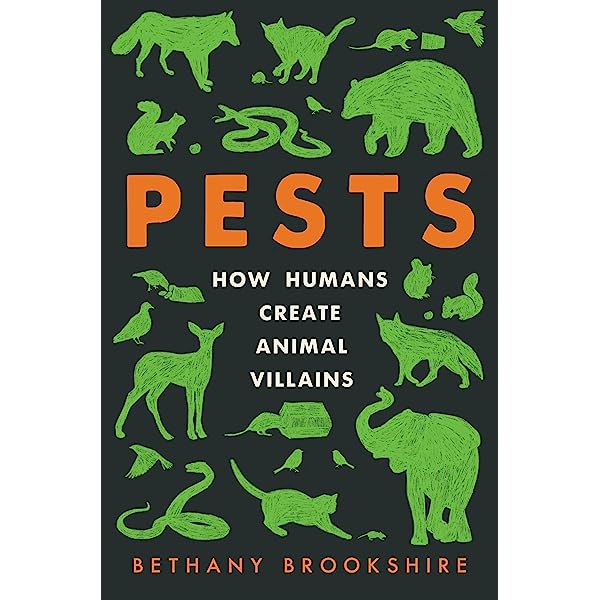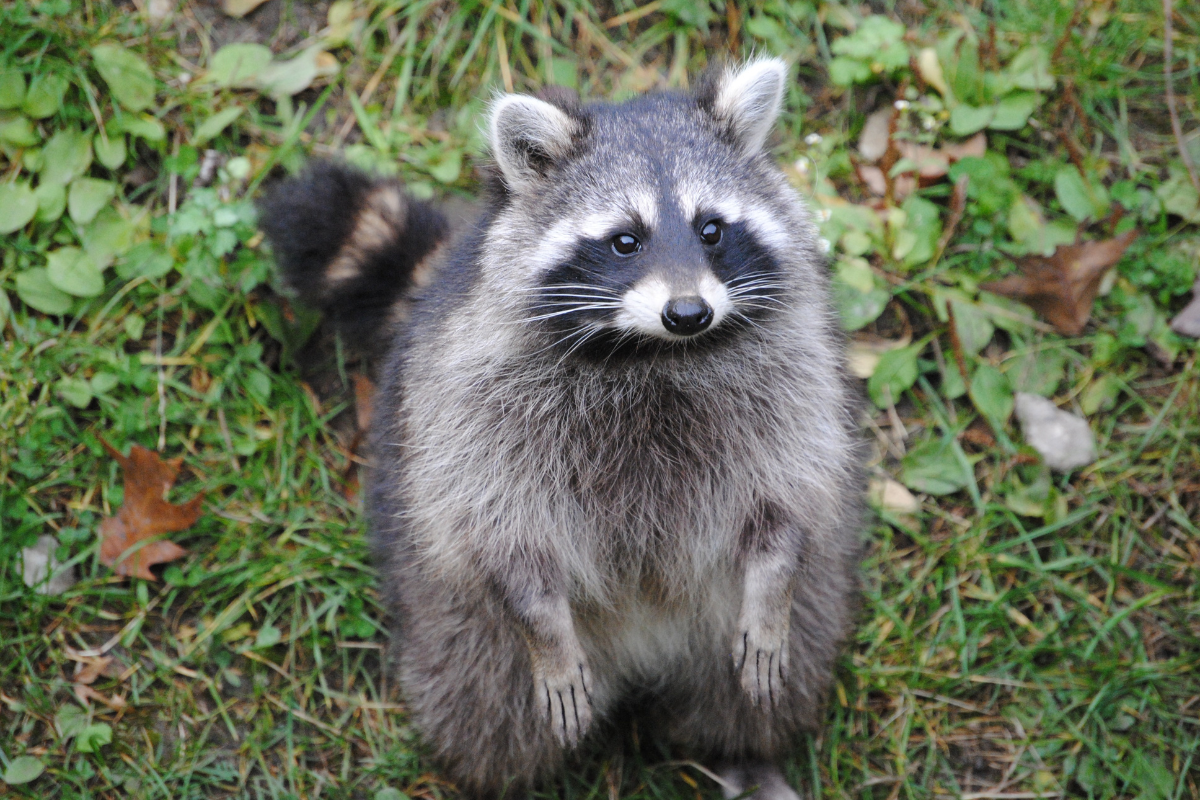By Meg McIntire
Journalist Bethany Brookshire has had a longstanding fascination with how humans decide which animals are deemed pests. For example, why do humans adore cats and dogs but some want to eradicate mice, pigeons and sparrows?
Her curiosity led to her debut book, Pests: How Humans Create Animal Villains, a thoughtful and entertaining book that offers a fresh perspective on the often-overlooked world of these animals. As the human population continues to expand and habitat loss brings us closer to all wildlife, this is the type of mind-changing book we need.

“When we move into new areas, we often drastically change what they look like and the species that thrive there. We expect animals to go away. When they stay, when they adapt and when they persist, we don’t exactly greet them with open arms,” Brookshire said in a recent interview with Psychology Today.
The irony with species like pigeons in America, is that humans brought them here in the first place. We subsequently designate them as “pests” when their behavior no longer meets our expectations. Brookshire points out that people can change what they consider pests by changing their perspective, by changing the way they live with these animals.
“Do we really need to eradicate all the pigeons? Or do we need to change how we deal with our trash?” Brookshire asked during an NPR interview. “Do we need to go poisoning rats? Or do we need to change our sanitation, right? When we have problems with animals, we’re very quick to blame the animal. But we could also look to our own behavior and change how we think and how we act.”
We couldn’t agree more.
Humans need to recognize that the wildlife in our vicinity is an integral part of a vast and complicated ecosystem, and they need to be more considerate of their needs and never resort to lethal solutions.
Pests is a tool to convince people what there is to venerate in so-called “vermin” and help them appreciate how these animals have clawed their way to success despite humans setting them up for failure.
In the process, they will learn how the pests who annoy them tell them far more about humanity than they do about the animals themselves.

